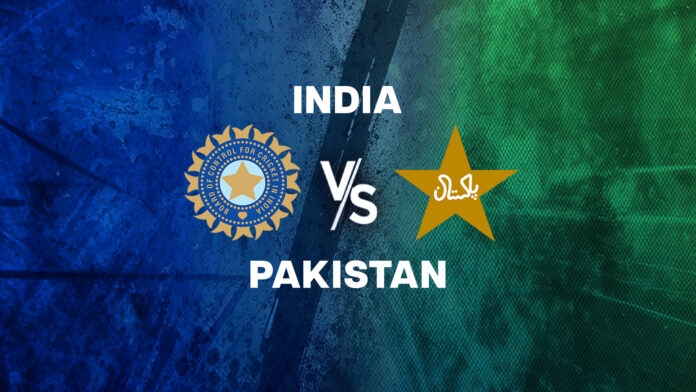For decades, India and Pakistan have had one of the most complicated relationships in global geopolitics—marked by wars, terrorism, diplomacy, and moments of cultural camaraderie. The phrase “terror and trade can’t coexist” has often been used by Indian leaders to explain why cross-border commerce remains suspended with Pakistan. Yet, when it comes to cricket, the same logic does not seem to apply consistently. This contradiction has sparked a debate: should India continue to play cricket with Pakistan, or should cricket too be a casualty of geopolitics?
Terror and Trade: The Official Stance
India has maintained that terrorism sponsored from across the border leaves little scope for bilateral trade or dialogue. Trade talks have stalled since 2019 after the Pulwama terror attack and the subsequent revocation of Article 370 in Jammu & Kashmir. The government has argued that terrorism and business cannot go hand in hand, emphasizing security over economic ties.
Cricket as Diplomacy – Or Double Standard?
Despite this tough stance, cricket has often emerged as a parallel channel of engagement. Matches between India and Pakistan are not just sporting events; they are viewed as high-stakes encounters that attract global attention.
-
World Cup Clashes: India continues to face Pakistan in ICC events like the Cricket World Cup and T20 World Cup.
-
Bilateral Freeze: At the same time, bilateral cricket series between the two nations have been suspended since 2012 due to political tensions.
-
Revenue & Viewership: India–Pakistan matches are among the most-watched sporting events in the world, generating millions in broadcast rights and sponsorships.
This has raised questions: If terrorism prevents trade, why is cricket exempt?
The Argument for Playing Cricket
-
People-to-People Contact: Cricket provides a cultural bridge between citizens of both nations, softening hostilities.
-
Global Sporting Norms: Sports are often seen as separate from politics, with platforms like the ICC encouraging participation regardless of bilateral disputes.
-
Economic Stakes: Broadcasters, sponsors, and cricket boards benefit enormously from India–Pakistan games.
The Argument Against Cricketing Ties
-
Moral Contradiction: Playing cricket with Pakistan while refusing trade sends mixed signals about India’s seriousness in isolating terror-sponsoring states.
-
Propaganda Victory: Matches allow Pakistan to showcase legitimacy on a global platform.
-
Public Sentiment: Many citizens feel it is insensitive to cheer sports while victims of terror continue to seek justice.
Lessons from History
-
In 1999, despite the Kargil conflict, India toured Pakistan.
-
In 2008, after the Mumbai terror attacks, bilateral cricket came to a halt.
-
Since then, cricket has only resumed in multinational tournaments, never bilaterally.
These shifts show how cricket has repeatedly been used as a diplomatic tool—sometimes to build bridges, at other times to signal disengagement.
The Way Forward
India faces a policy dilemma: Should it hold a consistent line by treating cricket the same way it treats trade and dialogue? Or should cricket remain insulated from geopolitics, serving as a cultural soft power tool?
A clear policy would help India project consistency. Either cricket should be completely separated from politics, or it should be subject to the same restrictions as trade and dialogue until Pakistan shows real progress in tackling terror.
Cricket is more than just a game in South Asia—it is politics, emotion, and economics rolled into one. But when leaders say “terror and trade can’t coexist,” the continuation of India–Pakistan cricket matches inevitably raises tough questions. Unless India defines a consistent approach, cricket will continue to remain an emotional flashpoint in the larger theatre of India–Pakistan relations.



